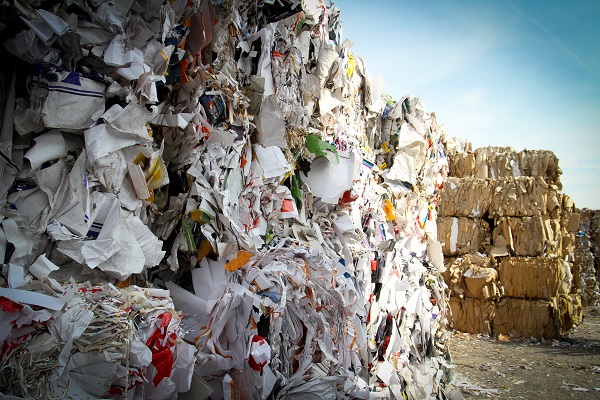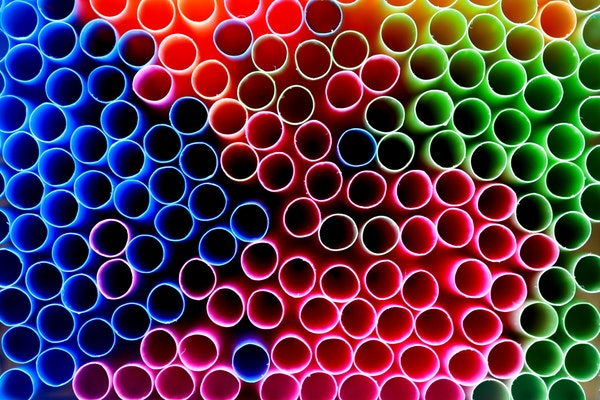
In a world facing escalating environmental challenges, the transition to a Circular Economy emerges as a beacon of hope. Shifting from a linear "take-make-dispose" model to a circular approach offers a multitude of environmental advantages, providing a sustainable blueprint for our planet's future. Here are some compelling reasons why embracing a Circular Economy is not just a choice but a crucial step toward environmental prosperity.
- Reduced Resource Depletion: By promoting the reuse, refurbishment, and recycling of products, a Circular Economy minimizes the extraction of raw materials. This reduction in resource depletion helps preserve ecosystems and protects biodiversity, crucial elements in maintaining a healthy planet.
- Energy Conservation: Circular practices often require less energy compared to traditional linear methods. Recycling materials and products typically demands less energy than extracting and processing new resources, contributing to a significant decrease in overall energy consumption and associated carbon emissions.
- Waste Reduction and Pollution Prevention: The Circular Economy model strives to eliminate waste by designing products that can be easily repaired, refurbished, or recycled. This not only reduces the burden on landfills but also mitigates the pollution associated with waste disposal, fostering cleaner and healthier environments.
- Lower Greenhouse Gas Emissions: A Circular Economy directly addresses the issue of greenhouse gas emissions by minimizing the need for constant production of new goods. Extended product lifecycles and increased recycling lead to lower emissions, contributing to global efforts to combat climate change.
- Conservation of Water Resources: Manufacturing processes often demand vast amounts of water. The Circular Economy's emphasis on reuse and recycling helps conserve water by decreasing the requirement for raw material extraction and production, thus alleviating pressure on water-scarce regions.
In the pursuit of a sustainable future, the environmental advantages of transitioning to a Circular Economy are undeniable. Beyond economic benefits, embracing circular principles offers a path towards a healthier planet, reduced ecological footprint, and a more resilient and balanced ecosystem. As individuals and societies, our commitment to circular practices is not just an investment in the environment; it's a commitment to the well-being of generations to come.























































.png)

%20(25).png)
%20(24).png)
%20(22).png)
%20(21).png)
%20(20).png)
%20(19).png)









%20(12).png)









.png)





.png)
.png)

.png)

.png)


.png)

.png)





.png)
.png)





.png)



.png)











.png)










.png)

.png)






.jpeg)



.png)




.png)







%20resize.jpeg)



%20small.png)

.png)









.png)

.png)















.jpg)
.jpg)
.jpg)
